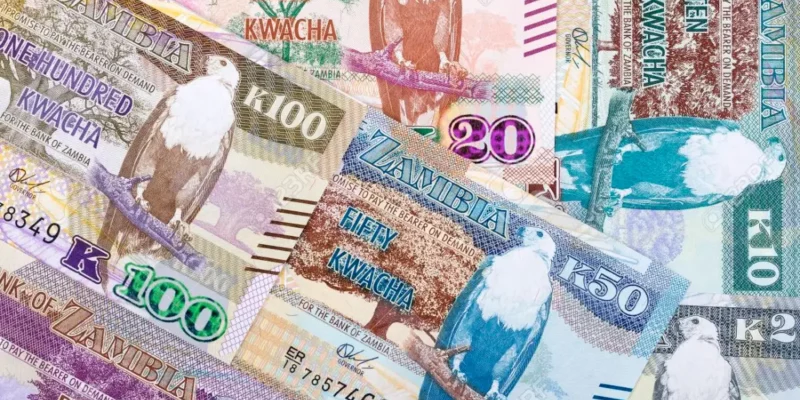Zambia’s continued debt stand-off is the main driver of the depreciation of the Kwacha which has breached the 20.00 is mark, a situation with a direct impact on the economy.
The Kwacha has continued to post losses against the greenback with the market quoting it at 19.975/20.025 per dollar.
First National Bank (FNB) Zambia attributed this depreciation to the continued debt impasse which the country is currently going through.
The bank earlier warned in its Agribusiness Monthly Report for January to February 2023, that if the current debt impasse continued, the Kwacha could depreciate even further.
“In addition, reduction in offshore flows from portfolio investors looking to participate in the local debt market due to concerns around the inclusion of domestic debt in the restructure process has executed the situation.
“If the debt impasse continues, we could see the Kwacha ease even further. A break of the 20.00 mark is likely in the coming weeks,” the bank stated.
Read more: Kwacha may exchange at K20 per dollar, a decline to July, 2021 level —Market updates show
The local currency has eased by over 10.3 percent since the turn of the year – from 18.03 to 19.975/20.025 per dollar.
FNB Zambia indicated that the widening gap between demand and supply within the local foreign exchange market had seen the re-emergence of foreign currency shortages albeit less pronounced.
The bank stressed that depreciation had a direct impact on the economy as Zambia depended on imported goods, citing that for agriculture, these goods included fertiliser, chemicals, and farm equipment.
Meanwhile, the bank indicated its expectation for the Central Bank to further hike the monetary policy rate in the coming weeks.
In response to increased inflationary pressure, the central bank recently hiked policy rates by 25 basis points to 9.25 percent from nine percent.
“We are of the view that despite the single digit inflation profile, gradual increments in the policy rate will be necessary to prepare the economy for an elevated inflation environment in the coming months.
“This will be critical to prepare the economy for a much softer landing once price pressures start to materialise. We expect further hikes in the coming months,” it stated.
WARNING! All rights reserved. This material, and other digital content on this website, may not be reproduced, published, broadcast, rewritten or redistributed in whole or in part without prior express permission from ZAMBIA MONITOR!









Comments